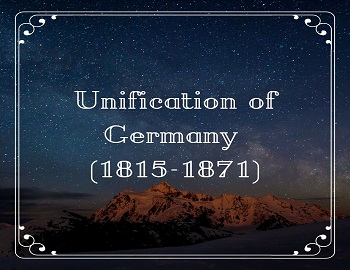| Nehru was influenced by Marxism but simultaneously he was bearing the greater influence of Gandhism also. So, on the one hand, he believed in the theory of dialecticism and the class conflict but on the other hand, he rejected the method of violence but rather preferred to bring socialist changes through parliamentarian methods. | The route of the socialist ideology of Subhash lay in the indigenous system in India. Subhash tried to find out socialist ideas even in ancient religion. His socialist ideas were influenced by Indian thinkers like Mahavira, Buddha, Vivekananda etc. |
| As we know Nehru always followed the third path in every sphere including his socialist ideology. In other words, we can say he was equally given the objective of economic equality championed by the socialist countries and the individual freedom encouraged by liberal democracies in the west. He was inclined to bring socialist changes gradually but not through suppressing individual freedom. | Unlike Nehru, Subhash was not dedicated to individual freedom but he favoured an authoritarian government to bring the socialist changes. In other words, we can say after independence he did not prefer democracy immediately rather he preferred a one-party dictatorship or authoritarian government for a phase of transition. According to him under this government, a transition from a capitalist system to a socialist system would become possible. He was having greater praise for the government of Mustafa Kemal Pasha in Turkey. |
| Nehruvian concept of socialism was unique even in the sense that normally the greater emphasis of socialism is on distribution but Nehru gave more emphasis on production than on distribution. While making this point clear Nehru declared that if there is not production what are we going to distribute among ourselves- poverty and hunger? | Subash tried to bring assimilation between socialism and fascism so his socialism became unique in its character he prefers to call it samyavada. But here we should be cautious about the fact that he should not be equated with fascist leaders like Mussolini and Hitler because unlike them he was not guided by his personal ambition and motive rather he was being guided by his patriotism and objective of the welfare of the nation. |
| Nehru favoured democratic socialism. Thus he strikes a compromise between liberal democracy and socialism. That’s why in favour of liberal democracy he protects individual freedom but at the same time, in the interest of socialism, he gives a greater role to the state to bring the socialist changes. | Subhash believed in municipal socialism as well. In other words, we can say he gave a greater role to municipal institutions in carrying the socialist reforms. |









Comments (No)